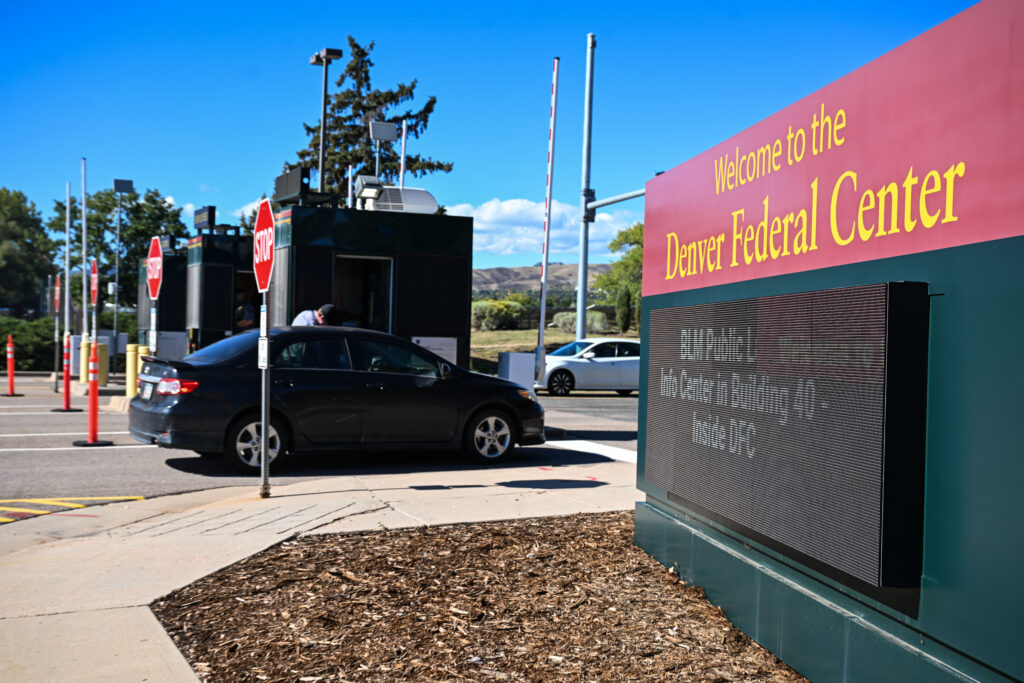Letter: Is Colorado’s massive collection of student data worth the expense or risk?
Editor:
After puzzling through Paula Noonan’s recent column about the Colorado Department of Education’s surveillance and the response by the CDE’s Dana Smith, I am confused as to how Noonan “didn’t get her facts right,” as Smith wrote in a letter to the editor last week.
Smith states that CDE doesn’t send “personally Identifiable Information” to the federal government via its Data Pipeline. Noonan didn’t say it does.
Smith says RISE, or the State Longitudinal Data System, will “help states develop or improve the data systems needed to measure the success of educational programs.” This optimistic claim slides over the fact that student achievement results have remained flat over the past decade, despite all the past and current data collection at district and state levels. Last year’s PARCC test data, still not available to the public, are likely to show the worst results ever in the state’s history.
Smith asserts that RISE only contains data already collected by CDE as “required by state and federal law.” The Data Pipeline, however, also contains “voluntary” and “required to receive benefit” information, such as the Special Education Discipline Interchange. According to CDE, the “voluntary” Interchange moves the department “from a program-centric collection system to a student-centric collection system,” which seems to contradict Smith’s statement that the purpose of the data is for program accountability.
The Interchange provides discipline incident and discipline action data on special education students by student demographic and school association. The student demographic record contains name, gender, birth date, address, phone, ethnicity, race, Free/Reduced Lunch eligible status, handicap, disability, language proficiency, ESL status, and other items. The report description does not state how long the data is stored. The data can be shared across states as the Interchange is part of a larger, multi-state research project.
Kids in other special programs are also subject to extra scrutiny by CDE. The “required to receive benefit” Gifted and Talented Student Education Report description says: “The data will be shared with all administrative units for use in collaboration and discussion. The data will provide administrative units with names of students with exceptional ability to disaggregate CSAP data for meeting accreditation criteria.”
It’s unclear whether GT or special ed parents know that their children’s PII records are shared with CDE administrative units in the defined manner or whether parents have given their permission for this student-centric data collection and analysis.
Shouldn’t some public discussion occur as to the uses of PII and other data beyond Smith’s bland statement that, “It is important to remember that the use of education data helps guide parents, teachers, schools, districts and state leaders as we work together to improve student achievement so all children graduate ready for college and career.”
If the goal is to guide parents, teachers, schools, and districts, the data never need leave the districts. Do Colorado’s legislators and other policy-makers really require this massive data bank of our students’ PII, stored for years, and linked across the Departments of Education, Labor, Human Services, Higher Education and Corrections, to make good policy? And have their policies, based on this data, produced sufficient positive results, after a decade, to justify the expense and risk?
Sound data management means collecting the least amount of data possible. Our state legislators have moved in the opposite direction. Let’s face it, adults who left the public school system before school districts digitized data for state and federal collection got lucky. But their kids — not so much.
Jennifer ButtsMember, Jefferson County Technology and Data Privacy Advisory CommitteeLittleton













